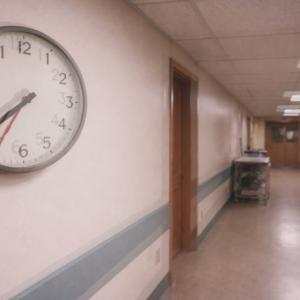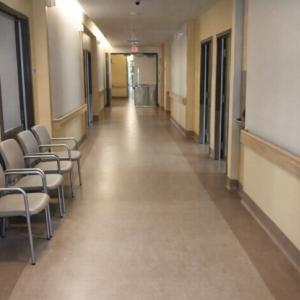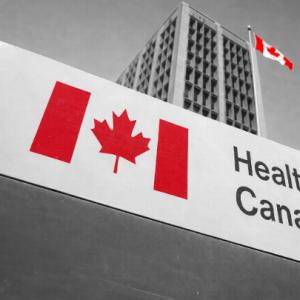Three things Canada’s health ministers could do to help Canadians with cancer
Canada’s 14 health ministers will meet this week in Alberta. Given the many challenges facing our health systems, they have a lot to discuss. But what can they actually do to start helping Canadians right away?
We are cancer clinicians, assisting patients to face this terrible disease every day. Fortunately, we are able to help many, thanks to recent advances in knowledge and technology. We have three specific actions the health ministers could and should take to help Canadians with cancer — and other patients as well.
Commit to a 30-day timeframe to make new cancer treatments available through public drug plans and for hospital use from the time a pricing agreement for a new medicine is reached with the pharmaceutical company.
It takes too long for new cancer drugs approved by Health Canada to be available to hospitals or public drug plans, depriving patients of the chance for a treatment that could extend or improve their lives. After the long process of Health Canada review and approval, the government’s own figures show it then takes an average of another 628 days (21 months) for the mandatory economic evaluation and price negotiations.
While that period certainly could and should be shortened substantially, it’s not the end of the delays. It then takes another three and a half months, on average, for public drug plans to actually make the treatment available and that average hides some much longer delays in some provinces.
Once a price has been negotiated with a drug company for a new treatment, there is no reason all public drug plans could not make it available within 30 days. Health ministers should agree and order this to be fixed immediately.
Agree to better share across provincial/territorial boundaries – with a minimum of bureaucratic obstructions – the use of new facilities and services to speed up access in all jurisdictions (particularly the smaller ones) to sophisticated diagnostic and molecular genetic testing for cancer.
Diagnosing and treating cancer today is a high-tech affair. Thanks to our newly gained knowledge, we can and need to carefully analyze tumours to determine their genetic makeup to know what treatment is likely to be best. This takes both sophisticated knowledge and physical equipment and infrastructure.
However, only four provinces in Canada – and thus health systems – have more than 2 million residents and six of the 13 provinces and territories have fewer than 1 million. Indeed, there are not a million people in total in the three territories, Prince Edward Island and Newfoundland and Labrador combined.
As technology and skills become more specialized and expensive, jurisdictions need to share much more seamlessly to allow Canadians everywhere to benefit. Health ministers need to facilitate a much more efficient process for this to happen between our 13 different health systems so someone in Yukon or PEI can get the same quality of cancer care as someone in Alberta or Ontario.
Agree to instruct their health systems to undertake an urgent review, and take action before the end of the calendar year, to remove unnecessary processes and administrative obstacles that provide little or no value but take up precious time that clinicians could otherwise spend with their patients and to prioritize the review and adoption of tools to improve efficiency.
Government processes often generate excessive obstacles and red tape. We have large shortages across Canada of most health professionals, yet all are bogged down by having to spend too much valuable time with paperwork and fulfilling processes rather than helping patients. They need relief.
Health ministers should agree to a speedy review of all their processes and enact changes to free up health workers. While there’s no doubt we also need more health professionals, cutting bureaucracy would be far faster, and cheaper, to bring much-needed help for them and better care to patients.
Canada’s health ministers can’t work miracles and magically fix all the problems in our health systems. But these are three things they could agree to at their meeting that would start making care better for Canadian patients almost immediately. Along with talk, let’s see some action.
---
The authors are both medical oncologists, Dr. Sandeep Sehdev in Ottawa and Dr. Mita Manna in Saskatoon, and are co-chairs of the Cancer Clinicians Advocacy Forum (CCAF), a network of cancer care health professionals committed to improving care for patients by addressing public policy issues that impact the quality, accessibility and outcomes of cancer care.









